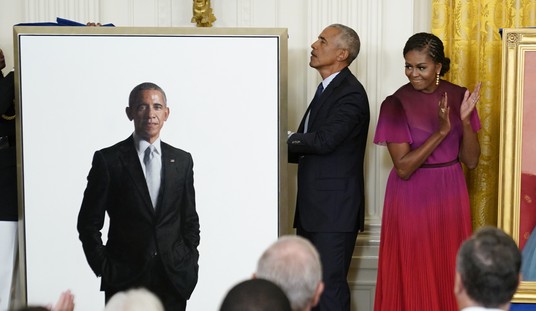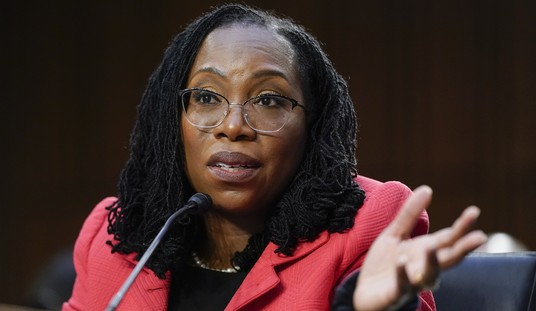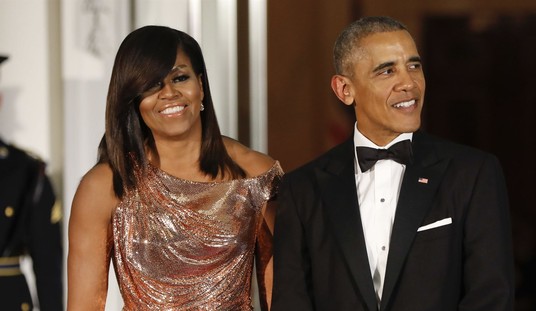Proclamations of an ongoing War on Christmas have become an integral yuletide tradition. Typically evoked by socially conservative culture warriors, the “War” has found a new home as a rhetorical device on the political left. Take a look at this Smithsonian blog post, “Six Ways Climate Change Is Waging a War On Christmas.” Daily Kos joins others in characterizing Republican opposition to extending unemployment benefits as the “real war on Christmas.” One thing seems assured. Regardless of how pundits characterize it, the War on Christmas wages on.
As a rhetorical device, the War on Christmas proves interchangeable between political competitors because Christmas itself overlaps political boundaries. It’s not as though Christmas serves as the exclusive domain of social conservatives. When lodged by the Right, complaints about a War on Christmas thus miss their intended point.
Crafting “A Short History of the War on Christmas,” Politico recalls one of Bill O’Reilly’s first characterizations of the conflict:
“Secular progressives realize,” O’Reilly continued, “that America as it is now will never approve of gay marriage, partial birth abortion, euthanasia, legalized drugs, income redistribution through taxation and many other progressive visions because of religious opposition. But if the secularists can destroy religion in the public arena, the brave new progressive world is a possibility. That’s what happened in Canada.”
That was nearly ten years ago, and much traction has been made on most of those issues by the Left. The question for conservatives is whether the rapid change we have witnessed in society is truly due to a persistent campaign against religion, or whether something else may be at work.
The answer lies in an examination of the controversial separation of church and state. Travel in conservative circles for long enough and you will eventually hear someone claim no such separation exists. The phrase cannot be found in the Constitution, folks point out. Therefore, the notion of such a separation proves to be a wholly made up leftist lie.
The problem with that position is that we can trace the phrase’s origin to Thomas Jefferson, author of the Declaration of Independence and something of an authority on the American experiment. In answer to concerns expressed by the Danbury Baptist Association over potential encroachments upon their religious liberty, Jefferson wrote:
Believing with you that religion is a matter which lies solely between Man & his God, that he owes account to none other for his faith or his worship, that the legitimate powers of government reach actions only, & not opinions, I contemplate with sovereign reverence that act of the whole American people which declared that their legislature should “make no law respecting an establishment of religion, or prohibiting the free exercise thereof,” thus building a wall of separation between Church & State. Adhering to this expression of the supreme will of the nation in behalf of the rights of conscience, I shall see with sincere satisfaction the progress of those sentiments which tend to restore to man all his natural rights, convinced he has no natural right in opposition to his social duties.
Correspondence used more precise language in those days. Both Church and state have particular meaning. Both refer to institutions of authority, one ecclesiastical and the other civil, one relying upon appeals to conscience and the other wielding a legal monopoly on force. As Jefferson points out, the reason for building a wall of separation between church and state is to maintain religion as a matter of conscience. The state only ever acts with force, and thus eliminates choice with its every exertion. Man’s right to conscience, to govern his own relationship with God, requires a state which will not interfere. Considering that, we must conclude that the War on Christmas, to the extent it is waged through government, results from eroding that wall, not maintaining it.
Conservatives often offer confused alternatives. David Barton has made a name for himself chronicling the history of religious expression in the public square. This, many say, indicates that church and state were never intended to be separate. In truth, such history only indicates that the separation of church and state does not preclude religious expression in the public square. Members of Congress are not required to abandon their faith in order to serve. Executives and administrators are not required to surrender their conscience while holding office. Indeed, while it remains appropriate to separate the institutions of church and state, there can be no reasonable expectation for an individual to carve up his worldview in a futile effort to separate religion from politics.
Clarity on that point leads us to recognize the real conflict at the heart of our political discourse. The War on Christmas proves to be a War on Rights, a war to be lost if ever the wall of separation wholly falls. As advocates of individual rights, our task is to repair that wall, to affirm the right of each person to govern their own relationship with God. Beyond that, we must advocate for a state focused upon its sole legitimate role of protecting individual rights. Such government will never encroach upon our celebration of Christmas or any other religious expression.












Join the conversation as a VIP Member